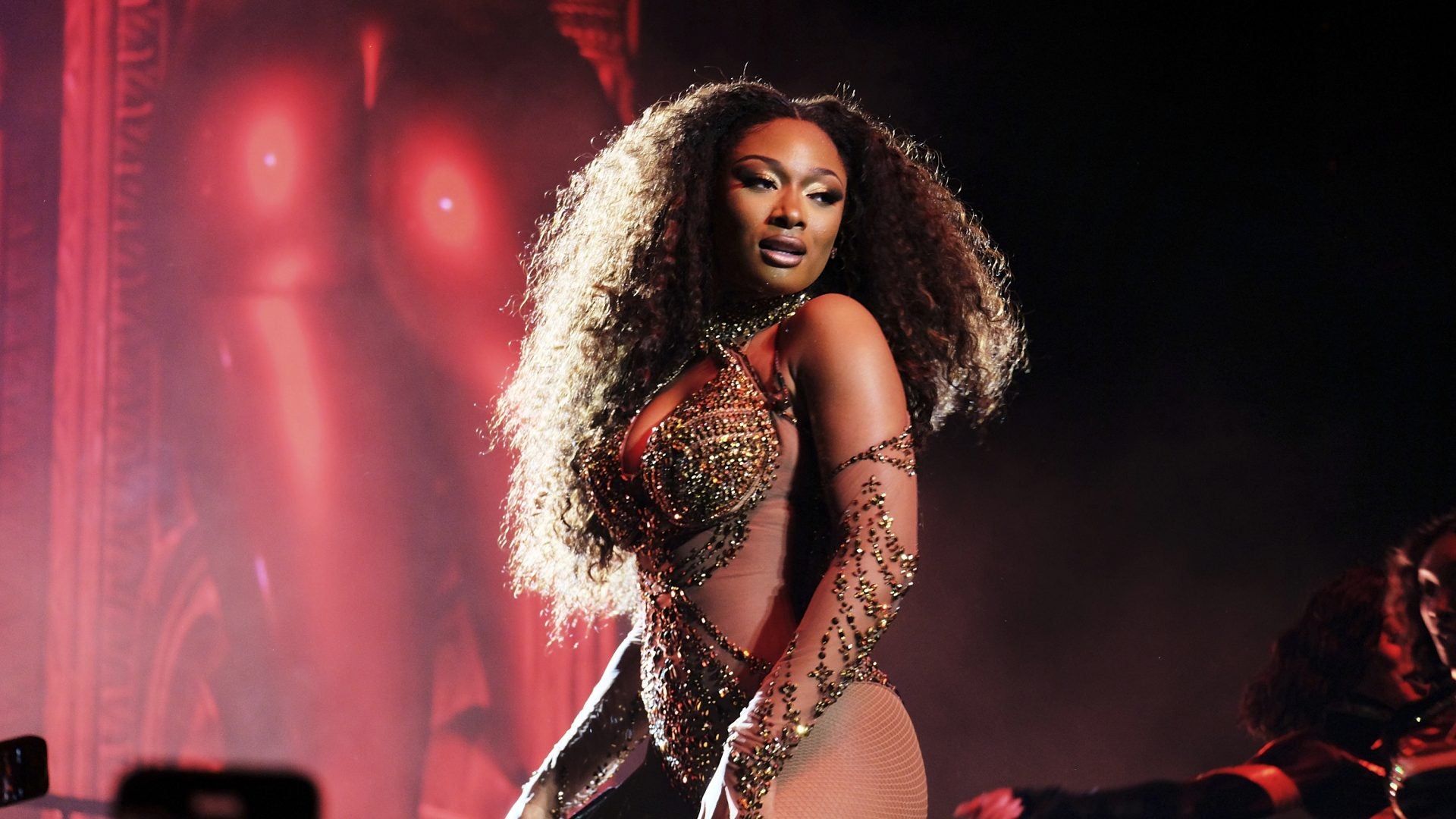
While thousands of Black women flocked to the New Orleans Convention Center last week for the 2023 ESSENCE Festival of Culture, I reported on Black authors at the ESSENCE Authors stage. The stage, done in partnership with The Collective Curates and powered by Mahogany Books, a Black-owned bookstore from Washington, DC, was my home for ESSENCE Fest.
Conversations emerged about the misrepresentation of Black love in literature and pop culture, civic and political engagement in the light of the recent Supreme Court rulings around affirmative action, #metoo in the workplace for Black women, and overcoming survivor’s remorse. Birthed from thoughtful, intentional dialogue between a diverse collection of Black authors, these conversations were overshadowed by things you can imagine, like stations with swag bags and performers.
In retrospect, Black women attend EFOC for a multitude of things – some enter the weekend with the opportunity to exude themselves from their daily work, which may include civil and social engagement, while others attend to learn more about a specialty, whether it’s the Global Black Economic Forum stage, the Beautycon experience, or the Food and Wine center. That’s the beauty of the festival – its scale and reach.
Yet, there is no reason to guise one’s critiques of ESSENCE fest as a ploy to platform their beliefs of respectability politics onto Black women and femmes., i.e., just let Megan, a Houston-bred, down south woman, put on a show, and Janelle Monae exude her confidence in ways she sees best.
We think of the ESSENCE Festival of Culture as traditionally a space where “aunties” have congregated for 29 years. In our collective consciousness, it appears to be a convening of a particular type of Black woman. A Black woman of class, of stature, of high income due to the finances needed to attend, travel, and have a good time. Yet, it’s also the festival of family reunions, of girls trips, of an excuse to go down to New Orleans to twerk with your girlfriends.
This brings to question who is the ESSENCE festival really for. The common response is ESSENCE Fest is for the culture. Who is the culture? What does it look like? Who does it prioritize? Because an abundance of culture was at the ESSENCE Festival, even parts of the culture and people which not everyone identifies with. Truthfully, there will never be a singular festival to accommodate the needs of everyone in the culture – but ESSENCE does its best.
In the city of bounce music, in a region where twerking originated from, in a season where denim cutoffs and a sundress are the preferred outfit because of over 100-degree temperatures, the argument is being made that a Black woman from the South is degrading Black culture, even though shaking ass is what Southern Black girls have been doing all of our lives?
I have yet to be shocked or amazed by the utilization of respectability politics to demean Black women and femmes, especially when the critique is made by a Black woman of a generation who decided to write lyrics of degradation about the video vixens of the early 2000s. An aesthetic where contemporary Black women rappers like Megan Thee Stallion have reverse cowgirled the “video vixen” stereotype into ownership of one’s sexual self and prowess instead of being beholden or objectified by the gaze of a heterosexual Black man.
If a critique were to be made about the objectification of Black women, Ice Cube, Ice-T, and the vast majority of the male acts are available. However, there is something insidious about the nature of internalized misogyny. Its parasitic nature needs the hypersexualized Black woman to be at fault for the other Black women to feel justified. This system of belief, where one Black woman is valued over the other, where one is seen as the moral compass for the culture, will not save us. It will not save ESSENCE. It will not retroactively correct the festival’s programming to skew in your favor.
When I had an opportunity to walk around the Convention center, I saw Black queer and trans people. At the Superdome, Big Freedia, Trina, Mia X, and Missy Elliott put on for the Black women from the South on stage. At the Sugar Mill, where Girls United hosted programming, Ken The Man and 504ICYGRL performed. At sponsored panels throughout the center, Rico Nasty and Flo Milli captured the attention of attendees. Drew Dixon and Shanita Hubbard discussed the dangers of toxic masculinity in hip-hop and its origins in the culture, with commentary from Danye Taylor about how consumers can be a part of the change and movement towards an equitable future for hip-hop culture.
The ESSENCE fest of the past does not exist anymore. If you were beholden to that ideal of your mother’s ESSENCE fest, your auntie’s ESSENCE fest, or another iteration of programming and festival, it’s gone. You are responsible for deciding what this current iteration of ESSENCE Fest looks like for you. Is it main-stage, corporate-sponsored programming with cute goodie bags and social media activations? Is it smaller stages with intimate conversations and interaction with the audience? Either way, the choice is yours, not ESSENCE’s.